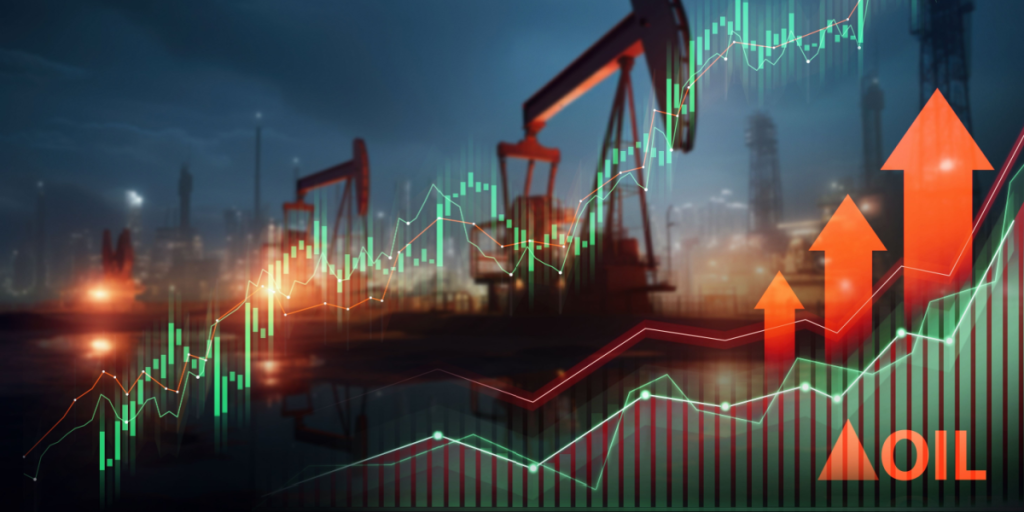Tensions in the region reignite fears over global supply chains and energy stability.
Others are reading now
Oil prices spiked dramatically on Friday following Israeli airstrikes on Iran, triggering the largest intraday market movement since Russia’s 2022 invasion of Ukraine.
The escalation has renewed concerns over oil flow disruptions in one of the world’s most strategically vital regions.
Global markets react swiftly
Brent crude soared by over 6%, hitting $78.50 per barrel at its peak, while U.S. West Texas Intermediate climbed past $77.
Both benchmarks reached their highest levels since January. The surge marks a nearly $10 increase over three days, though so far without an actual impact on physical oil supplies.
Also read
Barclays analyst Amarpreet Singh warned that markets remain on edge, even though fundamentals haven’t yet shifted. “In a worst-case scenario, the conflict could expand to other key oil and gas producers in the region,” he noted.
Strait of Hormuz under scrutiny
A key concern is the Strait of Hormuz, through which nearly 20% of the world’s oil flows daily. Traders in Asia noted the uncertainty of whether the route could be disrupted, depending on Iran’s response and potential U.S. involvement.
RBC Capital’s Helima Croft said in a note that Tehran could “internationalize” its retaliation by targeting regional infrastructure.
She added that any disruption to oil would likely prompt President Trump to seek increased OPEC output to stabilize prices.
Political fallout continues
Iran’s Supreme Leader Ayatollah Khamenei vowed “harsh punishment” following the strikes, which reportedly killed several Iranian military commanders.
Meanwhile, U.S. Secretary of State Marco Rubio clarified that the United States had no involvement and urged Iran not to retaliate against American interests.
The situation remains fluid, with financial markets also reacting: equities fell across Asia, and safe havens like gold and the Swiss franc rallied.
As reported by Reuters, the coming days may reveal whether this spike is a market overreaction—or a sign of prolonged instability.


